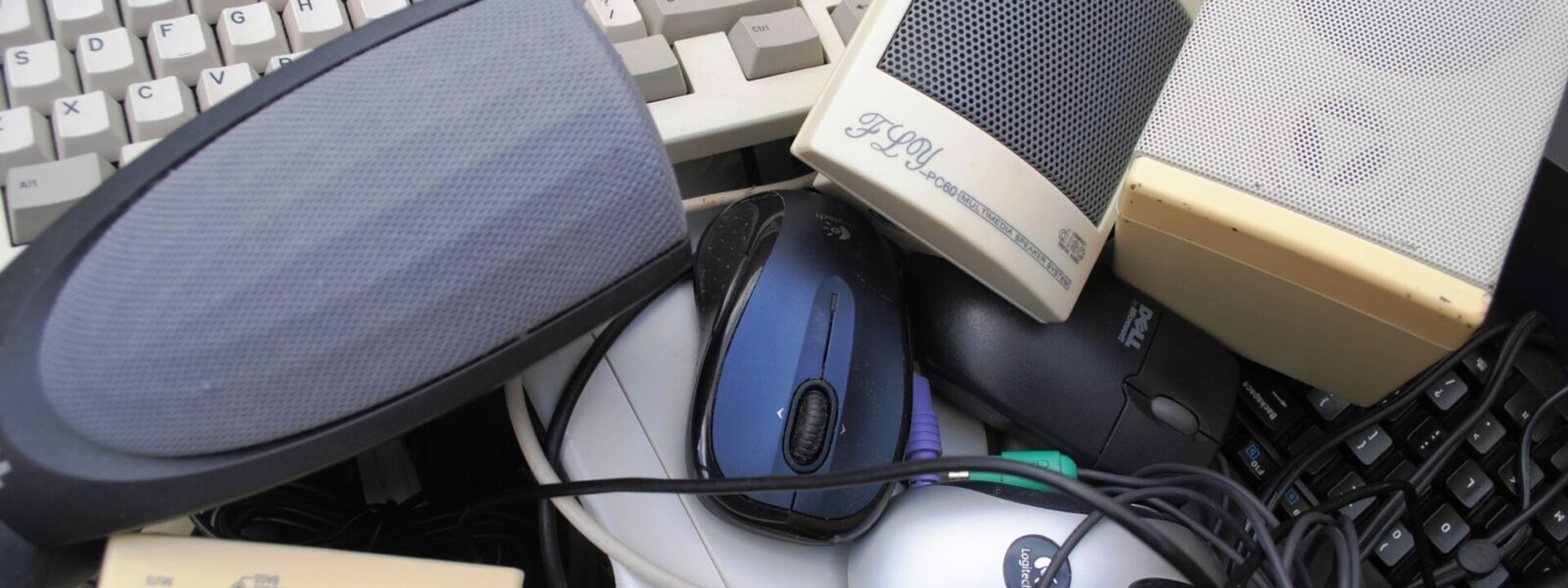UPCOMING COLLECTIONS:
Montgomery Co., Elmwood Park, on April 23
Delaware Co., Upland Park, on May 9 — REGISTER NOW
Allegheny Co., South Park, Mondays and Wednesdays in May
Monday, May 6 — SOLD OUT — select another date listed below
Wednesday, May 8 — REGISTER NOW
Monday, May 13 — REGISTER NOW
Wednesday, May 15 — REGISTER NOW
Monday, May 20 — REGISTER NOW
Wednesday, May 22 — REGISTER NOW
Monday, May 27 — holiday NO COLLECTION
Wednesday, May 29 — REGISTER NOW
PRC works to ensure the general public has the opportunity to safely, correctly and conveniently dispose of their electronic waste including TVs, Computers and more.
We are committed to the safe, ethical and responsible recycling of electronic waste through recognition by the Basel Action Network (BAN) as an e-Stewards® Enterprise. The designation recognizes cities, companies and nonprofits that take concrete measures to eliminate the export of hazardous electronic waste (e-waste) to developing countries by using Certified e-Stewards Recyclers to manage their electronic waste.
PRC holds e-waste collections at multiple locations across the state of PA.
Learn more about electronic waste recycling events
For more info or to inquire how PRC may be able to help you set up a collection in your community call 412.488.7490 or email info@prc.org


